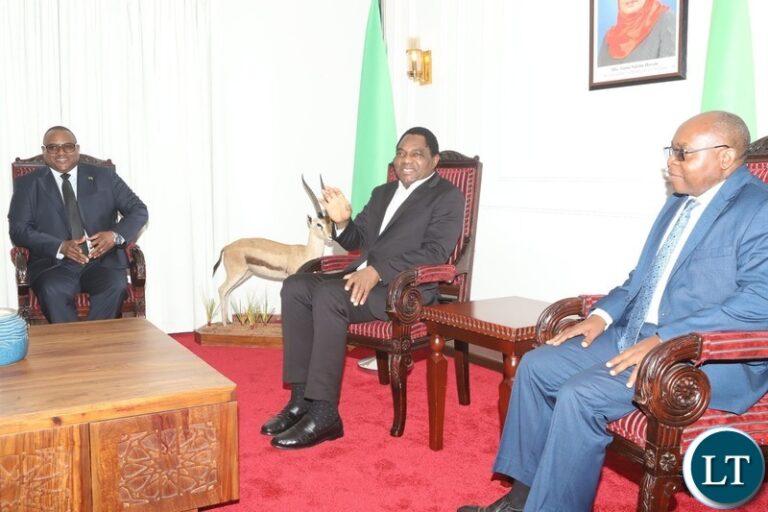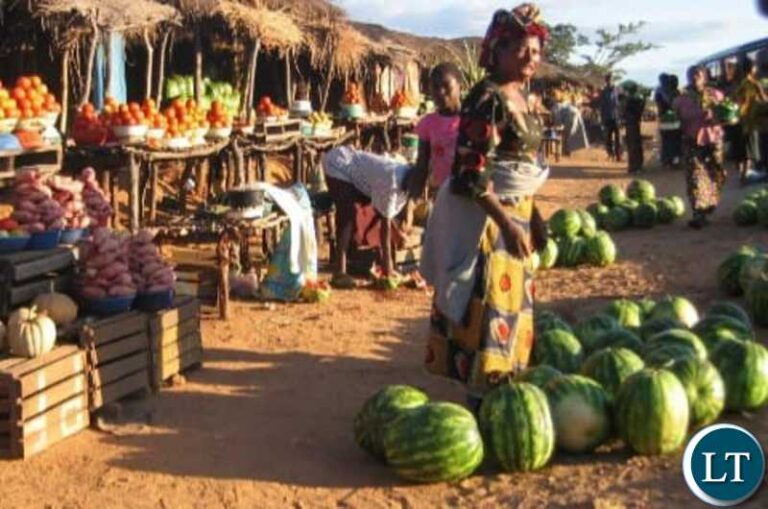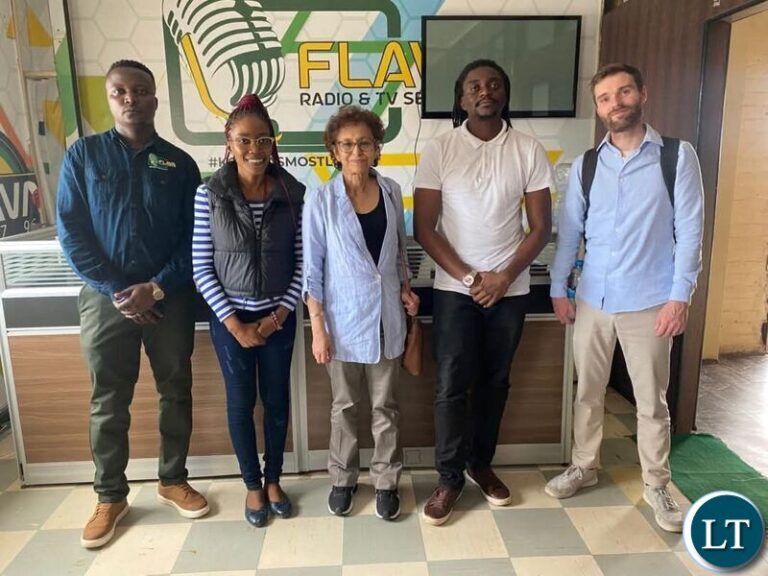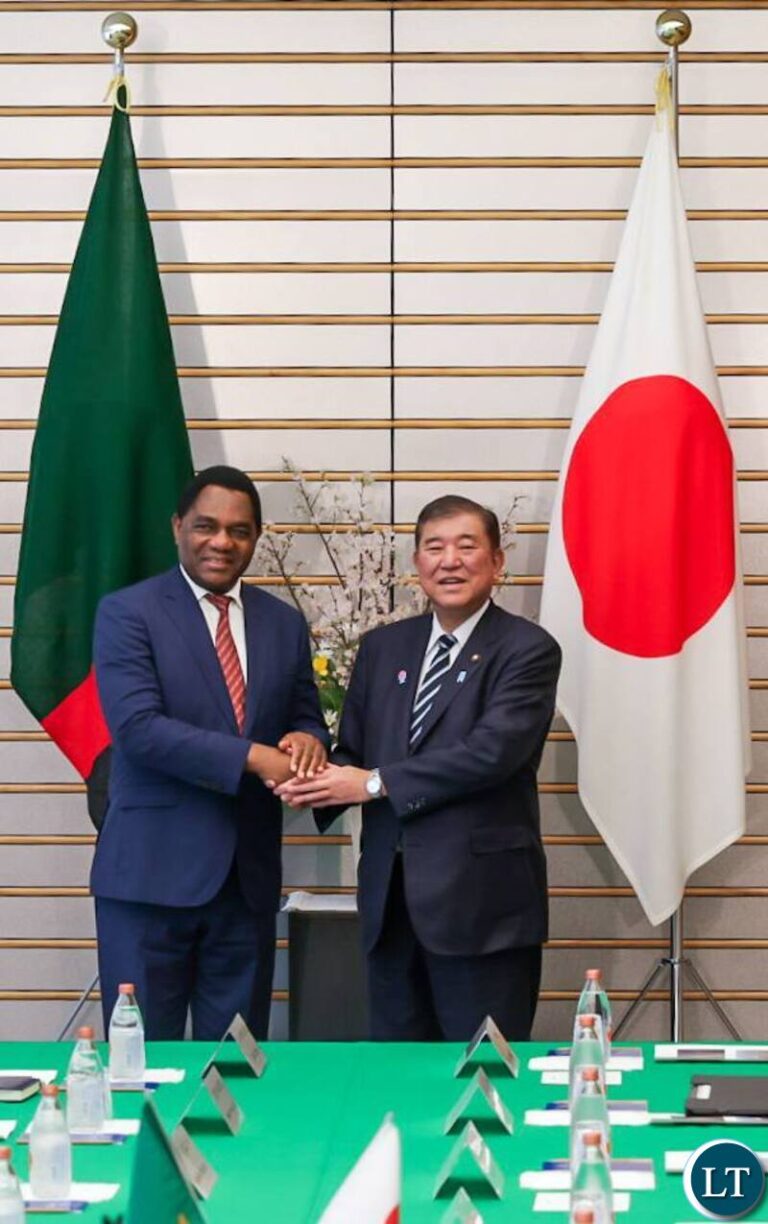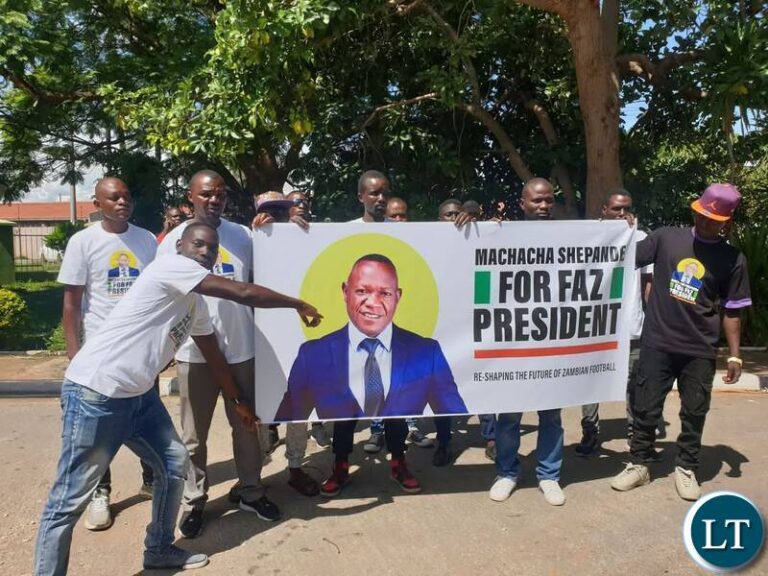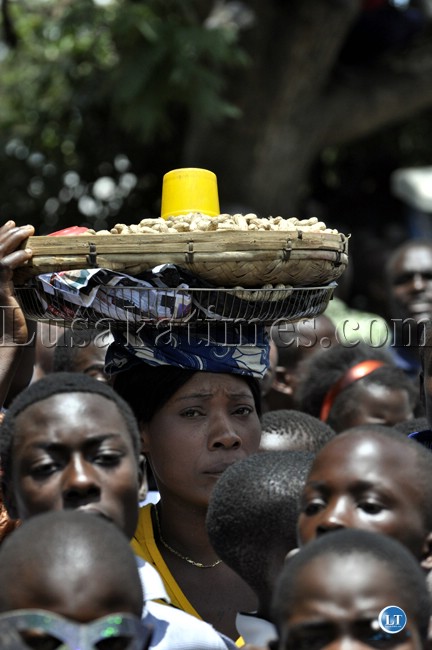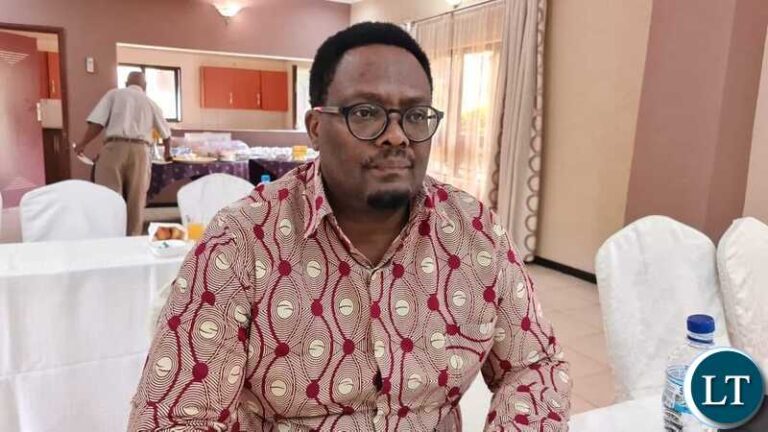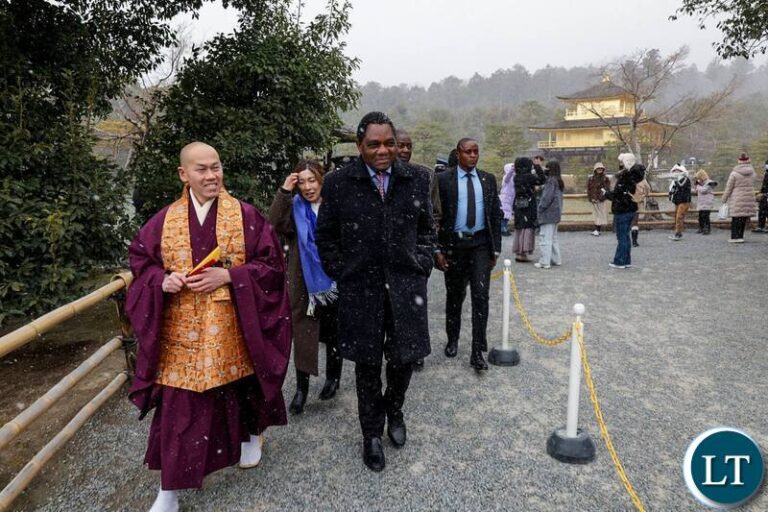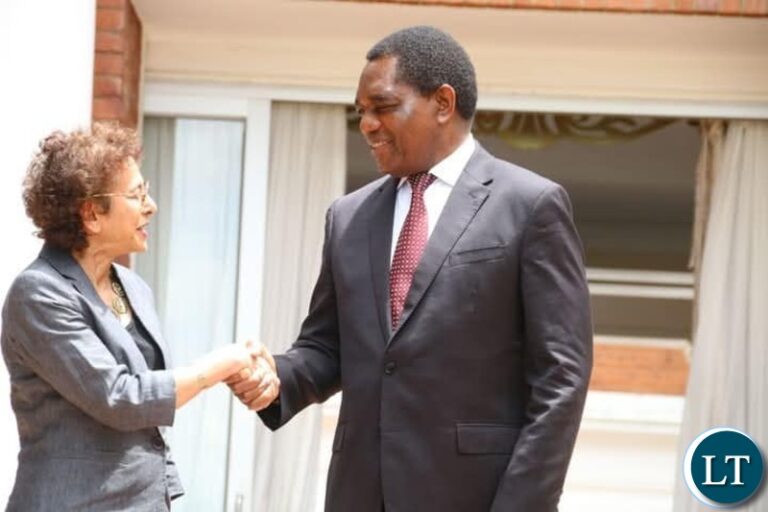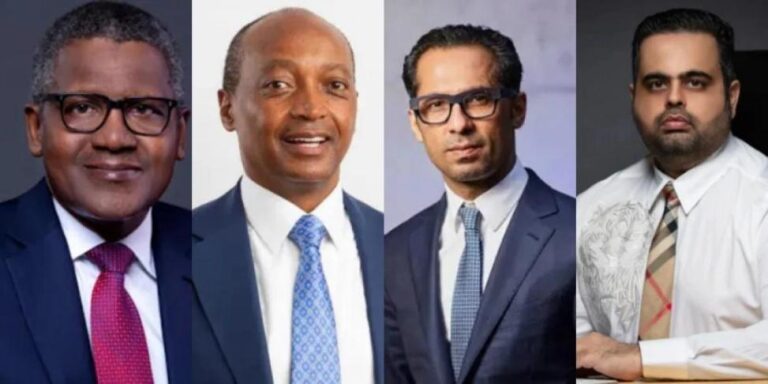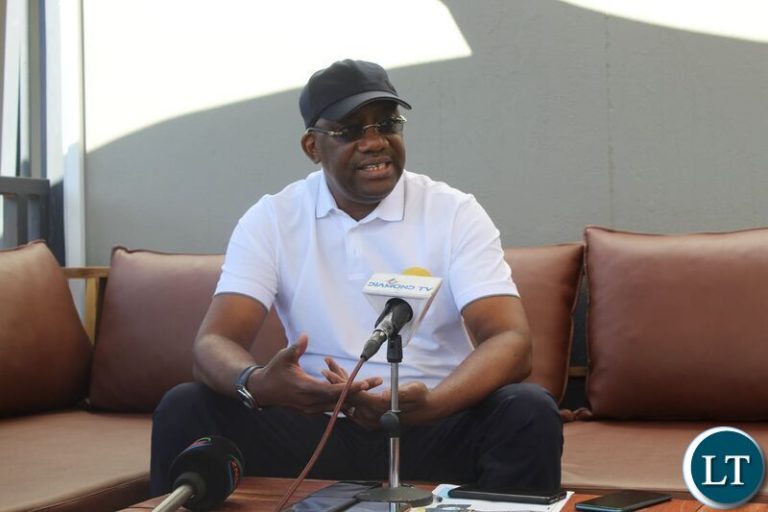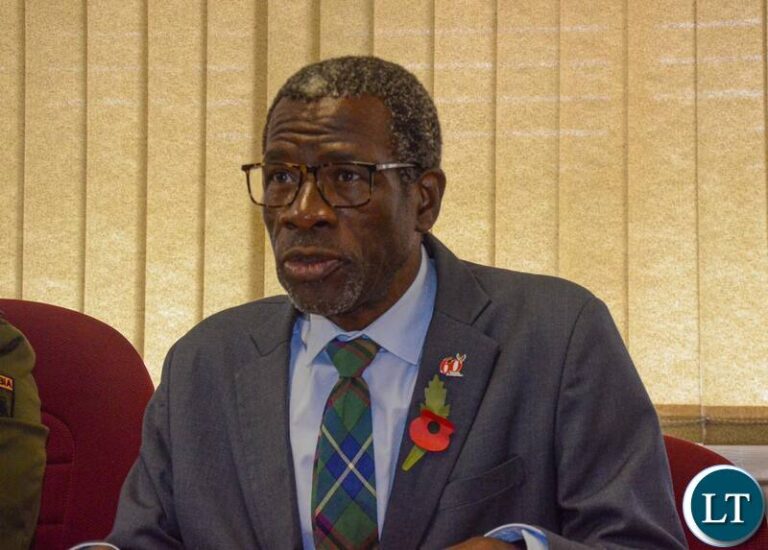Africa’s leading billionaires have built their fortunes through groundbreaking innovation, strategic vision, and unwavering resilience. Spanning industries such as manufacturing, mining, telecommunications, and consumer goods, these trailblazers are reshaping Africa’s economy while making a global mark. Discover the sectors they command, the lifestyles they embody, and the inspiring journeys behind their success. Beyond their immense wealth, these visionaries are catalysts for transformative change, driving progress and leaving an indelible impact across the continent and beyond.
1. Aliko Dangote

Net Worth: $15.6 billion
Sector: Manufacturing (Cement, Sugar, Flour)
Aliko Dangote, the richest man in Africa for over a decade, built his wealth through Dangote Group, a conglomerate that dominates the African market in cement, sugar, and flour production. Despite his immense wealth, Dangote maintains a relatively low-profile lifestyle. His journey began with trading commodities, and today, he is spearheading projects like the Dangote Refinery, which will significantly impact Nigeria’s oil industry.
2. Johann Rupert
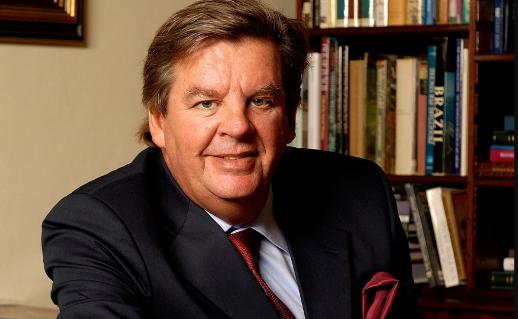
Net Worth: $10.7 billion
Sector: Luxury Goods
Johann Rupert, a South African billionaire, heads Compagnie Financière Richemont, known for luxury brands like Cartier and Montblanc. His understated yet luxurious lifestyle reflects his company’s high-end clientele. Rupert’s journey was rooted in his father’s tobacco business, which he diversified into the global luxury goods empire it is today.
3. Nicky Oppenheimer
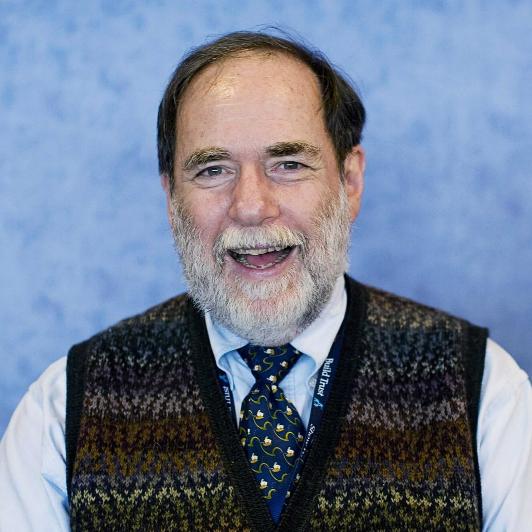
Net Worth: $8.4 billion
Sector: Mining (Diamonds)
Nicky Oppenheimer, a diamond magnate, made his fortune through the Oppenheimer family’s 40% stake in De Beers, the world’s largest diamond producer. His family sold its stake in 2012 for $5.1 billion. Though private, Oppenheimer enjoys philanthropy, particularly in environmental conservation. His journey started in the diamond mines, and he eventually steered De Beers to global prominence.
4. Abdulsamad Rabiu

Net Worth: $8.1 billion
Sector: Manufacturing (Cement, Sugar, Real Estate)
Abdulsamad Rabiu is another Nigerian industrialist who made his wealth through BUA Group, a conglomerate in cement, sugar, and real estate. Known for his quiet and modest lifestyle, Rabiu expanded his family business into one of Nigeria’s largest manufacturing companies. His journey highlights his ability to navigate Nigeria’s complex business environment.
5. Nassef Sawiris
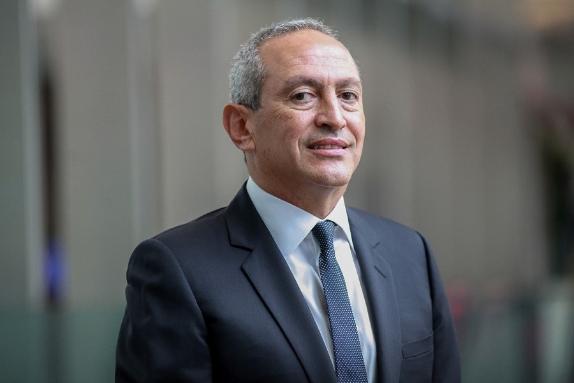
Net Worth: $7.2 billion
Sector: Construction, Chemicals
Egypt’s Nassef Sawiris, part of the wealthiest family in Egypt, runs Orascom Construction and is heavily invested in global giants like Adidas. His journey in construction has made him one of the world’s most influential investors. Despite his vast fortune, Sawiris prefers to keep a low profile.
6. Mike Adenuga
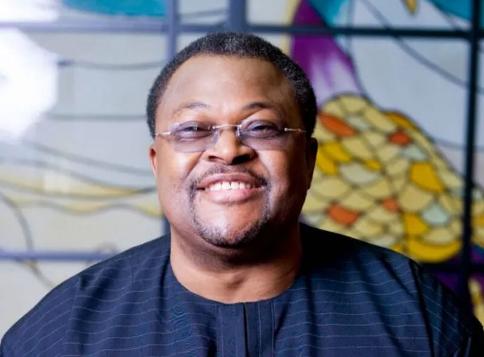
Net Worth: $6.1 billion
Sector: Telecommunications, Oil
Mike Adenuga, Nigeria’s second-richest man, made his fortune in telecommunications and oil, founding Globacom, Nigeria’s second-largest telecom company. He also owns Conoil, a major oil exploration firm. Known for his opulent lifestyle, Adenuga’s journey is marked by his relentless ambition, starting with small ventures and growing into a telecom and oil powerhouse.
7. Issad Rebrab

Net Worth: $5.1 billion
Sector: Food and Beverage
Algeria’s Issad Rebrab made his fortune through Cevital, the country’s largest privately-held conglomerate. Cevital operates one of the world’s largest sugar refineries. Known for his down-to-earth lifestyle, Rebrab’s journey began in humble beginnings before establishing a food empire that spans across continents.
8. Naguib Sawiris
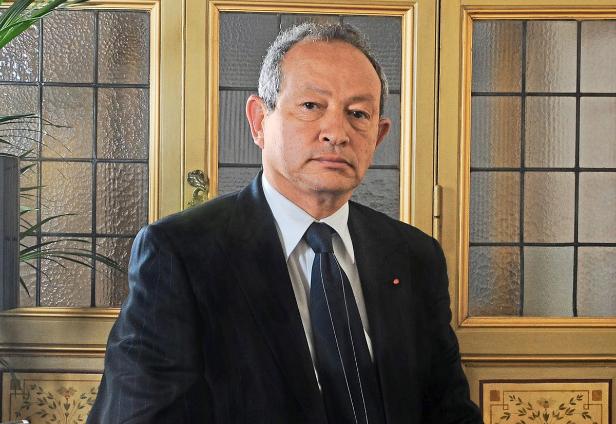
Net Worth: $3.3 billion
Sector: Telecom, Media
Naguib Sawiris, Nassef’s brother, has a stronghold in the telecom industry with Orascom Telecom, which was sold to Russia’s VimpelCom in 2011. A lover of luxury, Naguib is known for his flamboyant lifestyle and sharp business acumen. He now focuses on media and political ventures in Egypt.
9. Patrice Motsepe
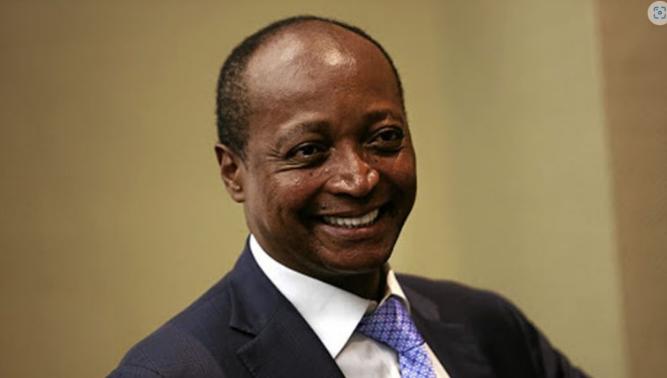
Net Worth: $2.9 billion
Sector: Mining
South Africa’s Patrice Motsepe, the first Black African billionaire, founded African Rainbow Minerals, which mines gold, platinum, and other precious metals. Known for his philanthropy, Motsepe has pledged half of his wealth to charity. His journey started in the law, before transitioning to mining, where he saw massive success.
10. Koos Bekker
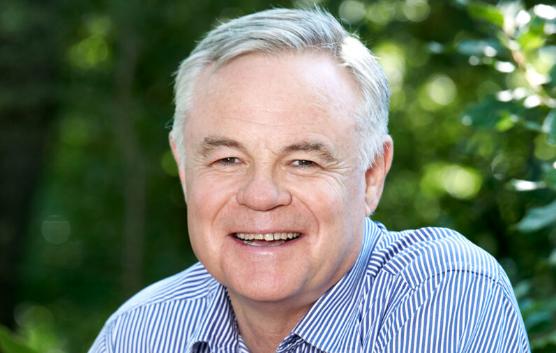
Net Worth: $2.5 billion
Sector: Media, Technology
Koos Bekker transformed Naspers from a South African newspaper publisher into a global e-commerce and media giant, investing in platforms like Tencent. Bekker’s modest lifestyle contrasts with the digital empire he’s built. His journey underscores visionary leadership, taking calculated risks in emerging markets.
11. Mohamed Mansour
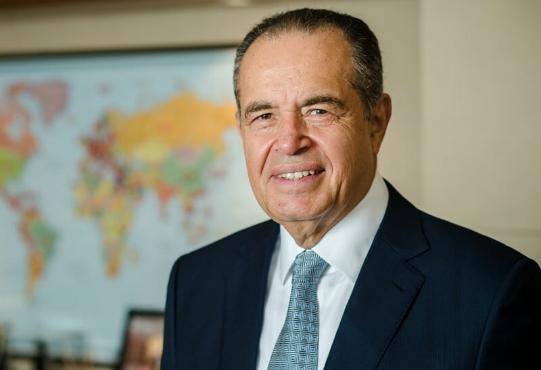
Net Worth: $2.5 billion
Sector: Diversified (Automotive, Retail)
Mohamed Mansour oversees the Mansour Group, a family-owned conglomerate with interests in automotive and retail sectors, including the distribution of General Motors vehicles. Mansour is known for his reserved yet philanthropic lifestyle, with investments spanning Africa, Europe, and beyond.
12. Strive Masiyiwa
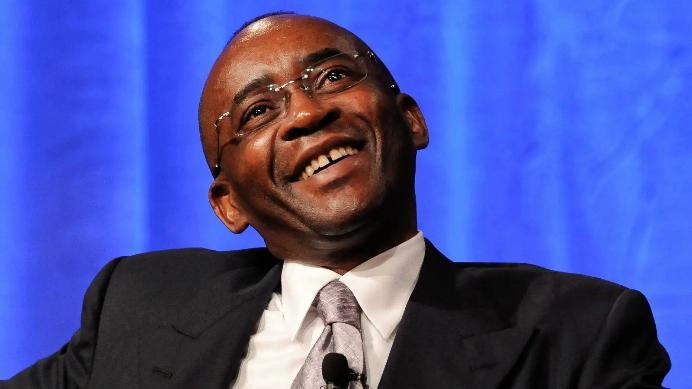
Net Worth: $1.9 billion
Sector: Telecommunications
Strive Masiyiwa, a Zimbabwean billionaire, founded Econet, one of the largest telecom companies in Africa. Masiyiwa is a prominent philanthropist and advocate for African entrepreneurship. His journey is marked by resilience, overcoming regulatory challenges in Zimbabwe to create a telecom giant that serves millions across the continent.
13. Mohammed Dewji
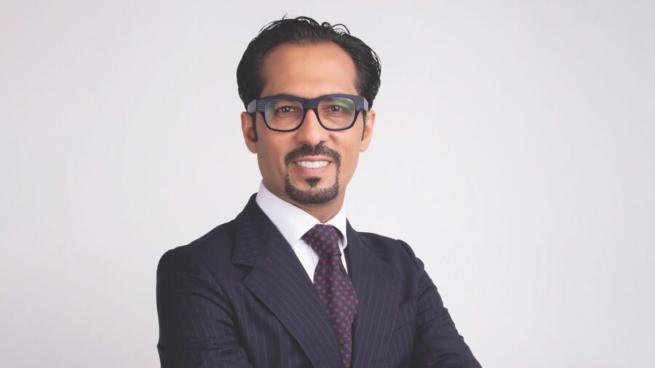
Net Worth: $1.5 billion
Sector: Manufacturing
Tanzania’s Mohammed Dewji, CEO of MeTL Group, transformed a small trading business into a $1.5 billion conglomerate. Dewji, Africa’s youngest billionaire, is known for his active lifestyle and philanthropy. His journey reflects the power of family legacy and strategic investment in manufacturing.
14. Prateek Suri
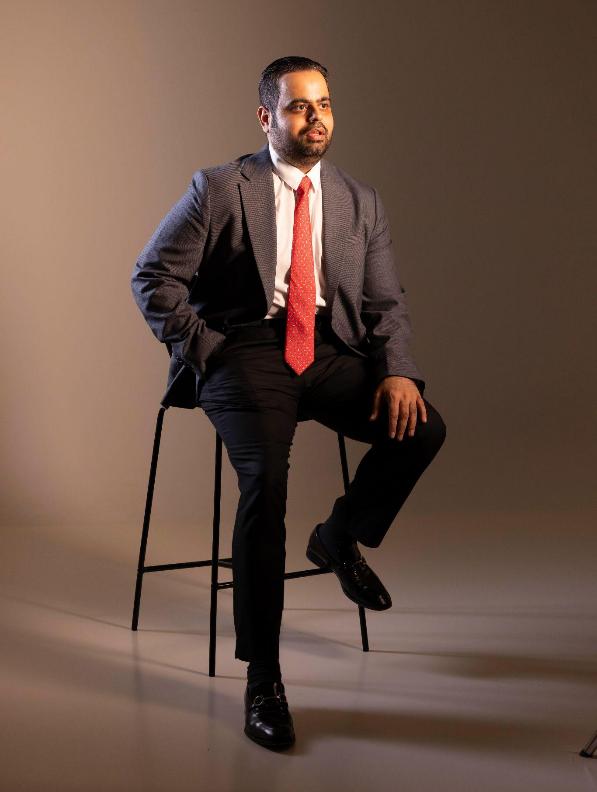
Net Worth: $1.4 billion
Sector: Consumer Electronics, Investment, Manufacturing
Prateek Suri, founder of Maser Group and MDR Investments popularly known as technology tiger of Africa, made his fortune in the consumer electronics and tech space after valuation crossing $5bn after acquired by SCG, focusing on frontier technologies and large-cap ventures in Africa mining and infrastructure, shipping and AI and the GCC region. Known for his high-energy lifestyle, Suri’s journey highlights innovation in manufacturing and technology, with an eye on transforming Africa’s tech landscape. Suri is Africa’s youngest billionaire with net worth $1.4bn
15. Youssef Mansour
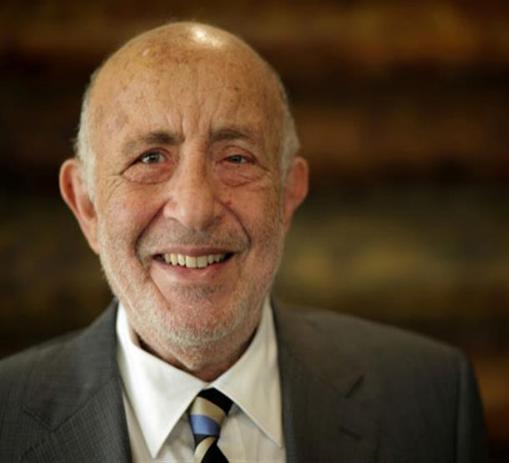
Net Worth: $1.1 billion
Sector: Retail, Consumer Goods
Youssef Mansour, part of Egypt’s wealthy Mansour family, has built his wealth through Metro, Egypt’s largest supermarket chain, and other consumer goods ventures. He lives a low-profile lifestyle, focusing on expanding his family’s retail empire across Africa and the Middle East.
16. Othman Benjelloun

Net Worth: $1.1 billion
Sector: Banking, Insurance
Othman Benjelloun, a Moroccan banking magnate, founded BMCE Bank, one of Africa’s leading financial institutions. Benjelloun is known for his classic and traditional lifestyle. His journey through finance has positioned him as one of the most influential bankers in North Africa.
17. Michiel Le Roux
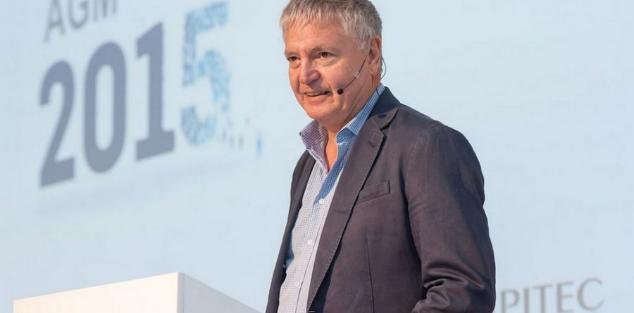
Net Worth: $1 billion
Sector: Banking
Michiel Le Roux founded Capitec Bank, one of South Africa’s most successful retail banks, revolutionizing affordable banking for the masses. Le Roux enjoys a relatively simple lifestyle, focusing on the banking sector and making banking accessible for all. His journey reflects his focus on innovation in financial inclusion.
18. Christoffel Wiese

Net Worth: $1 billion
Sector: Retail
Christoffel Wiese, South Africa’s retail giant, made his fortune through Shoprite, the continent’s largest retailer. Known for his lavish lifestyle, Wiese’s journey has seen both remarkable successes and setbacks, but his influence on African retail remains unmatched.
19. Youssef Dewji
Net Worth: $900 million
Sector: Manufacturing, Real Estate
Youssef Dewji, part of the influential Dewji family in Tanzania, has seen tremendous success in the manufacturing and real estate sectors, expanding his family’s business legacy. His modest lifestyle belies his impressive business acumen.
20. Aziz Akhannouch
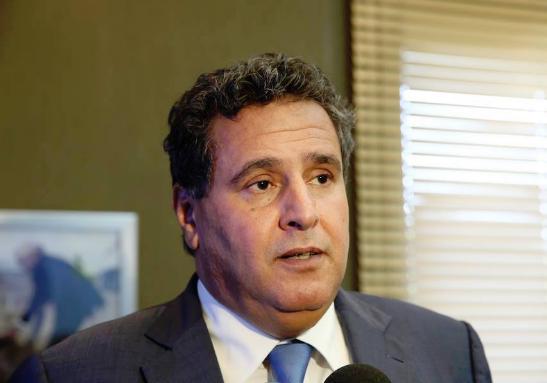
Net Worth: $900 million
Sector: Oil and Gas
Aziz Akhannouch, Morocco’s oil and gas magnate, is also a politician, serving as the country’s Prime Minister. His family owns Akwa Group, a conglomerate focused on petroleum products. Akhannouch maintains a relatively low public profile, balancing his political and business commitments.
Conclusion
Africa’s top billionaires are catalysts for economic transformation, steering investments into pivotal sectors and redefining industries that shape the continent’s future. Their remarkable journeys reflect resilience, innovation, and a unified commitment to building a more prosperous and vibrant Africa.


